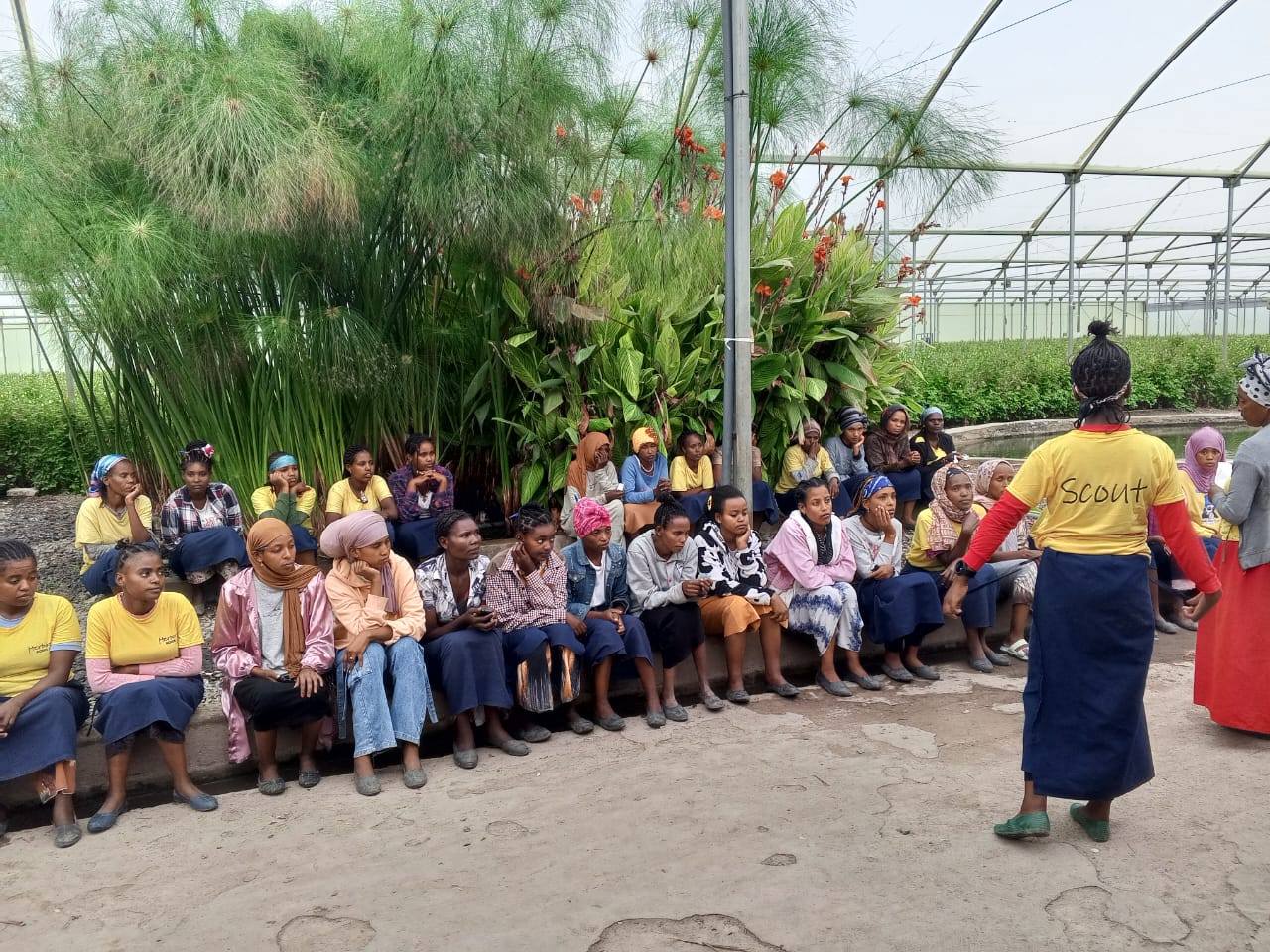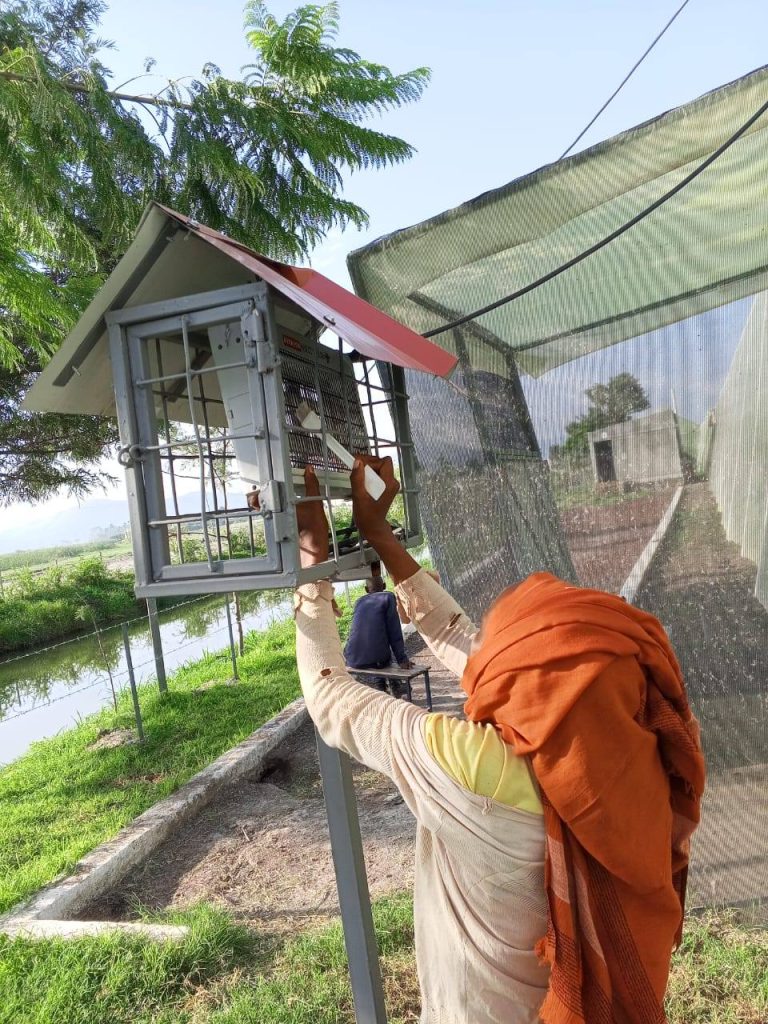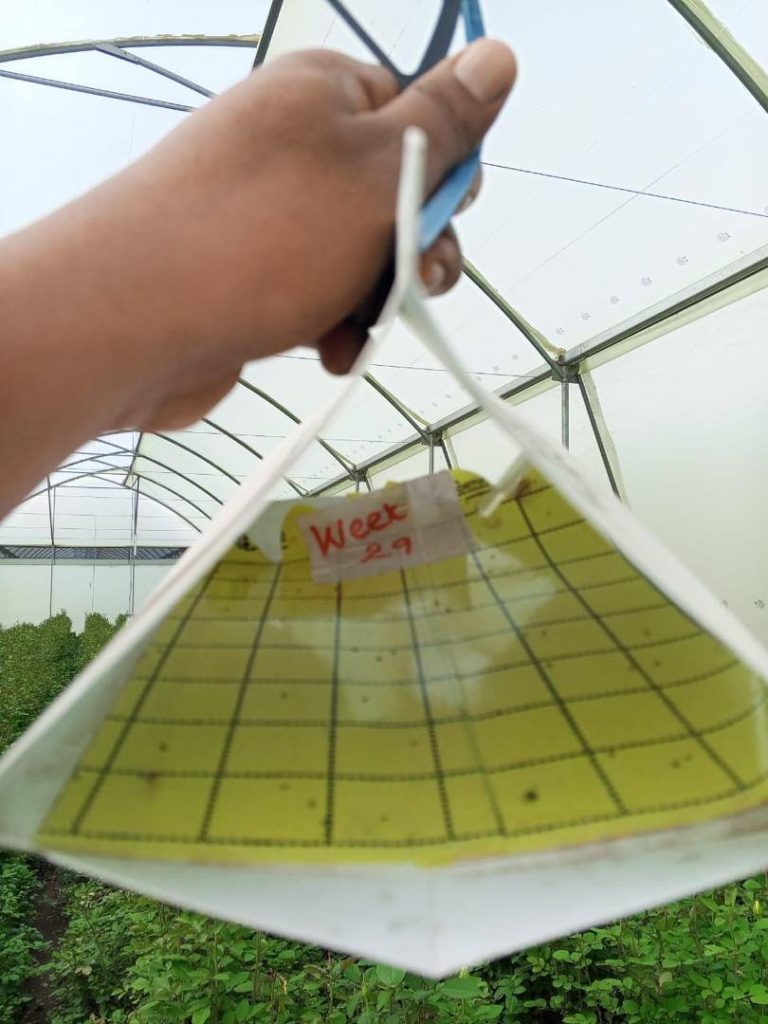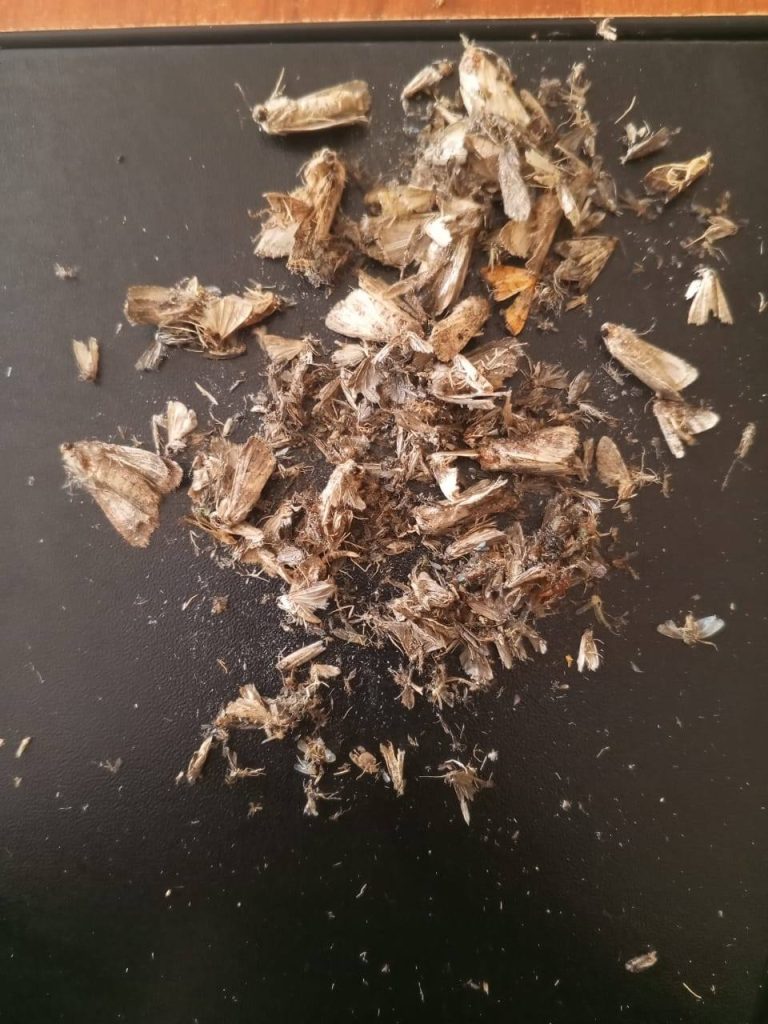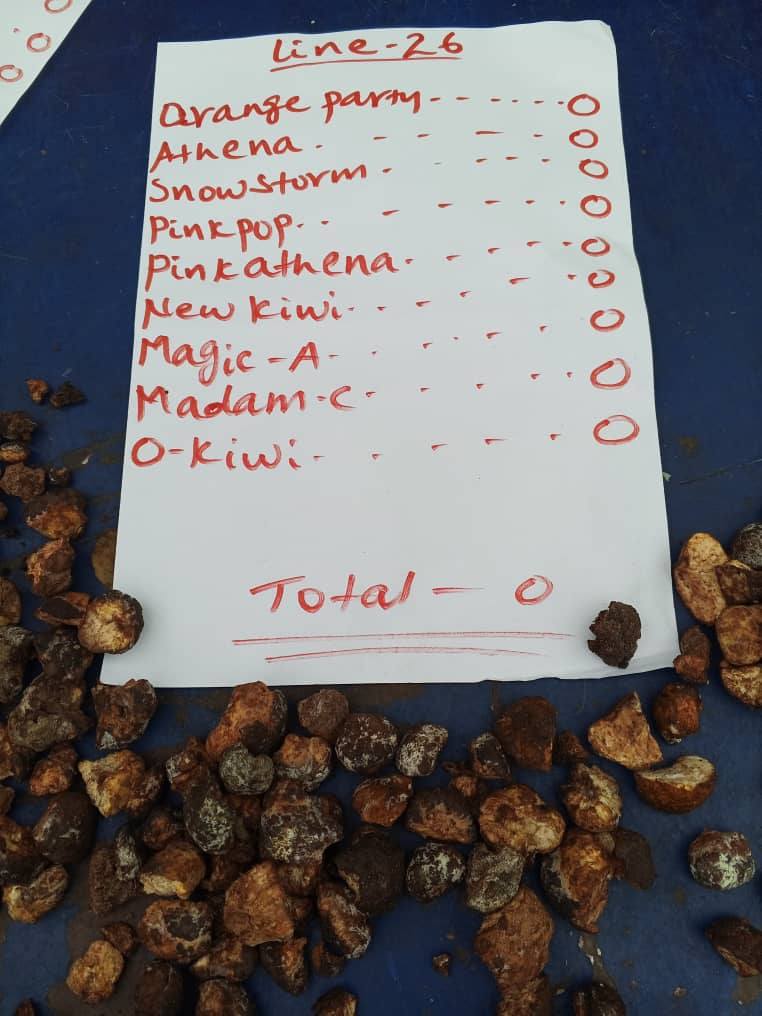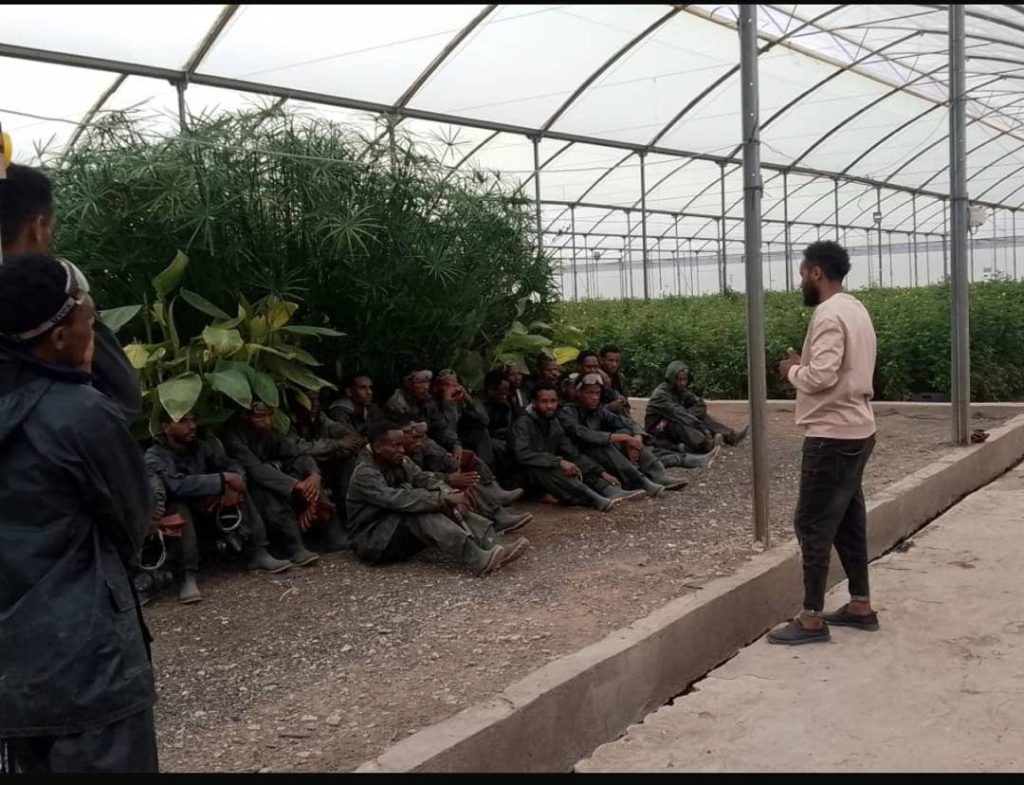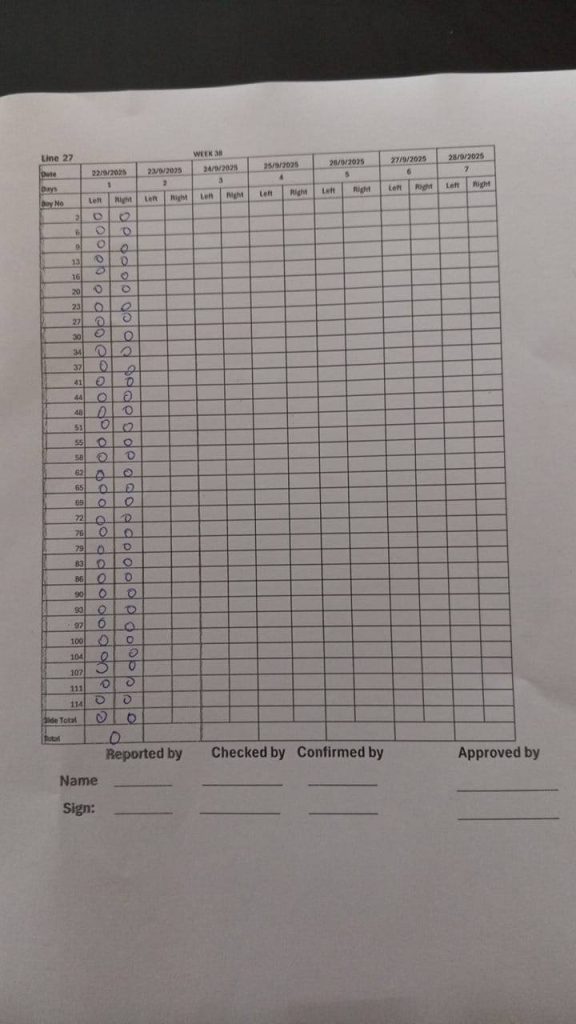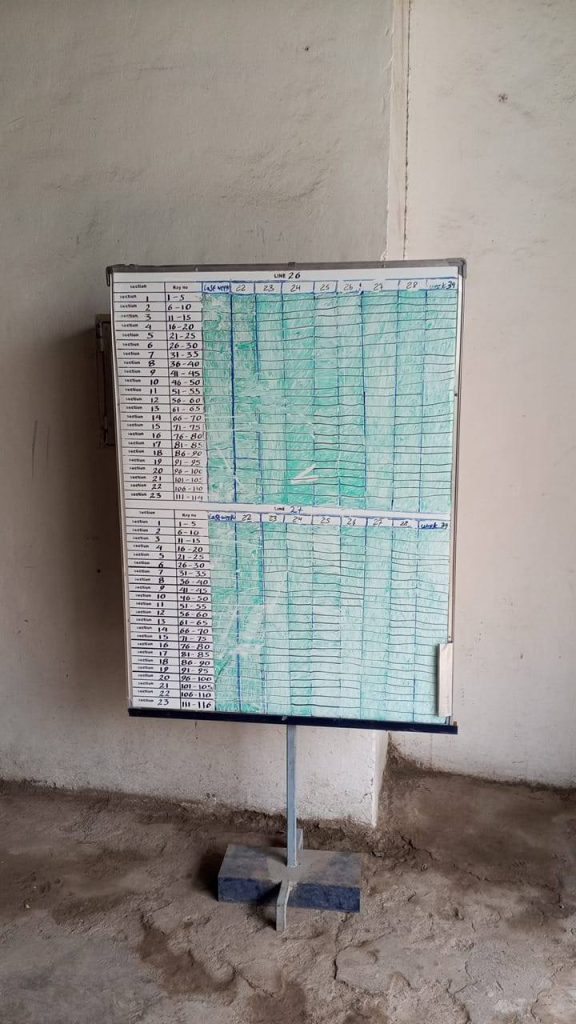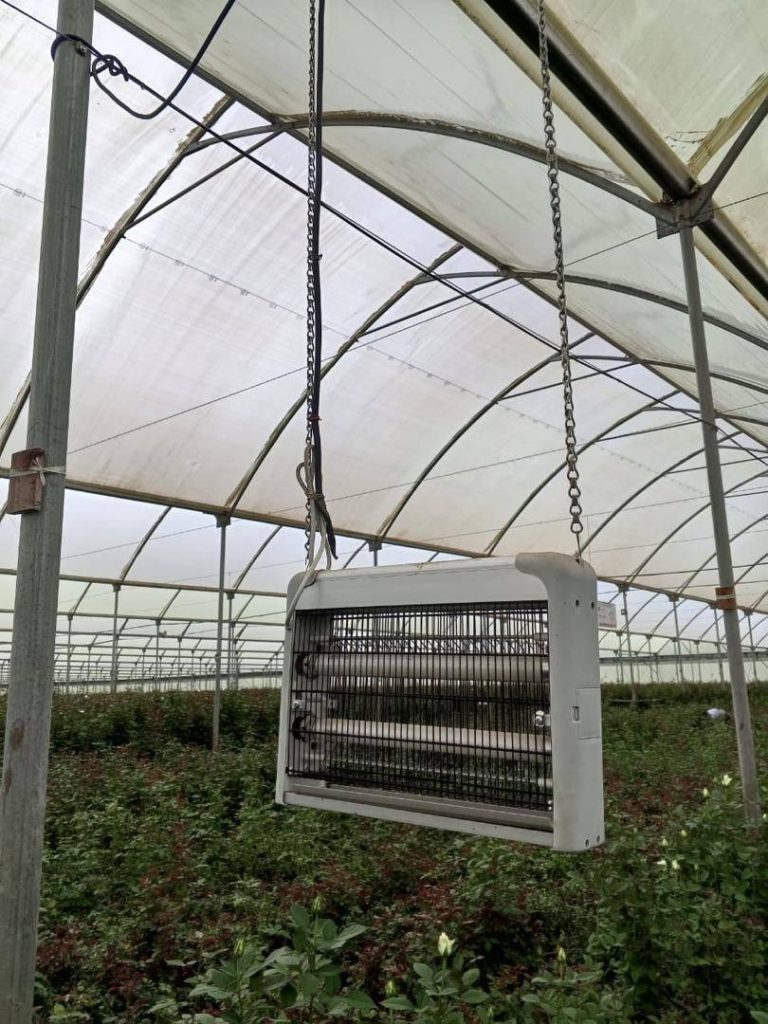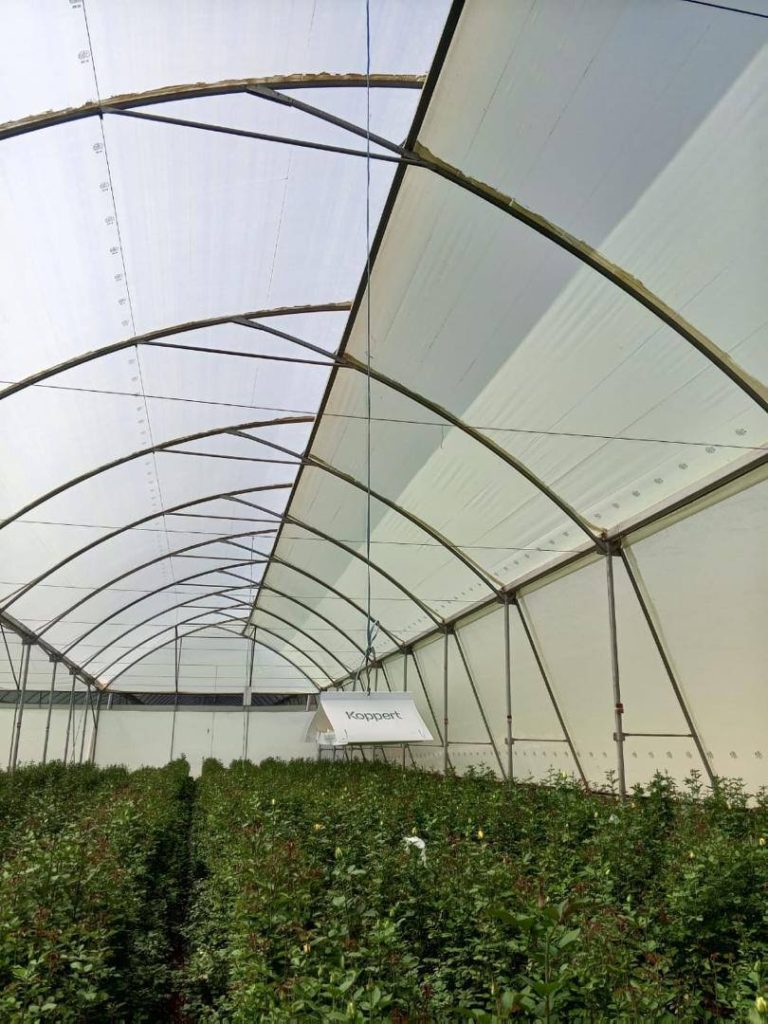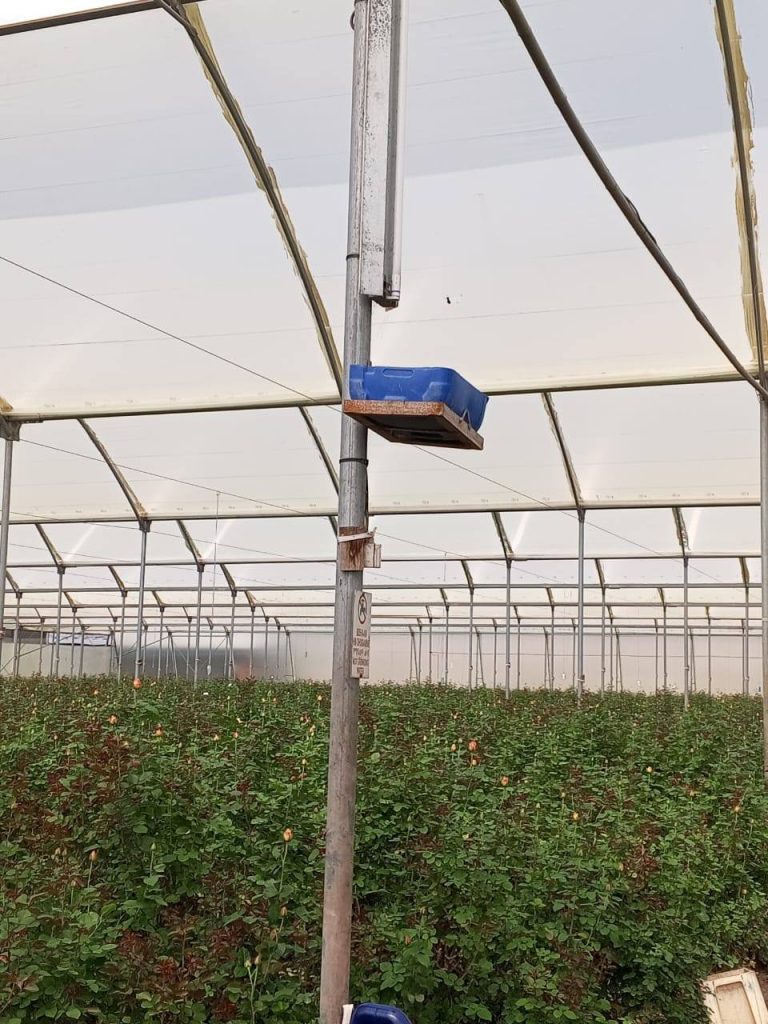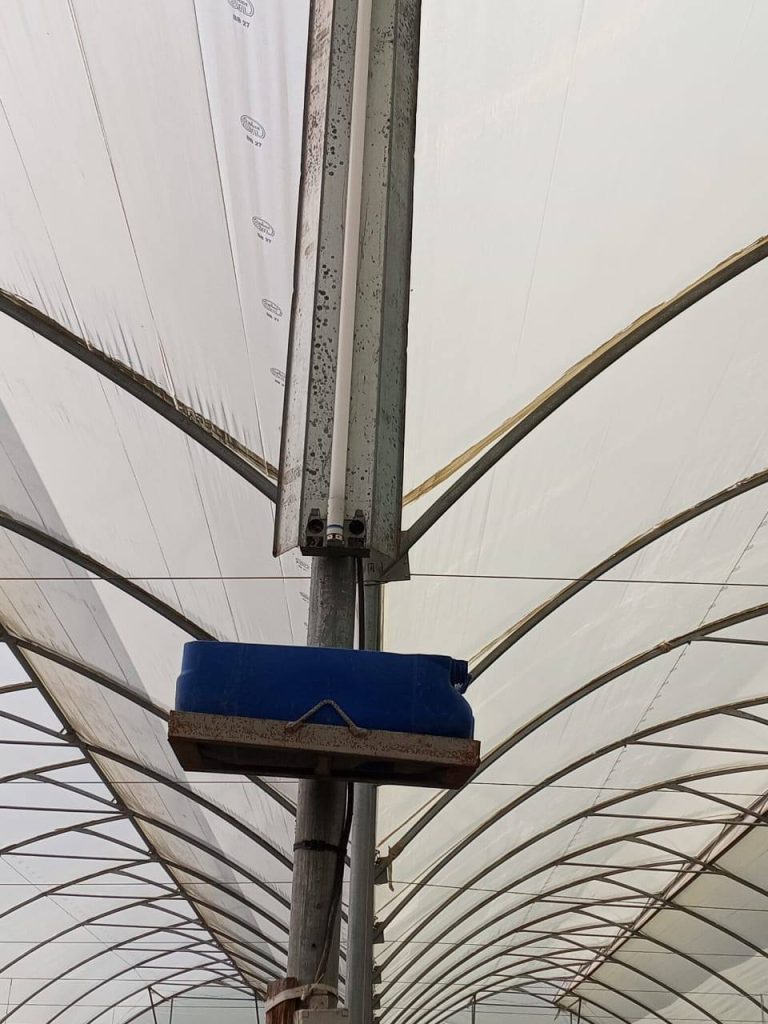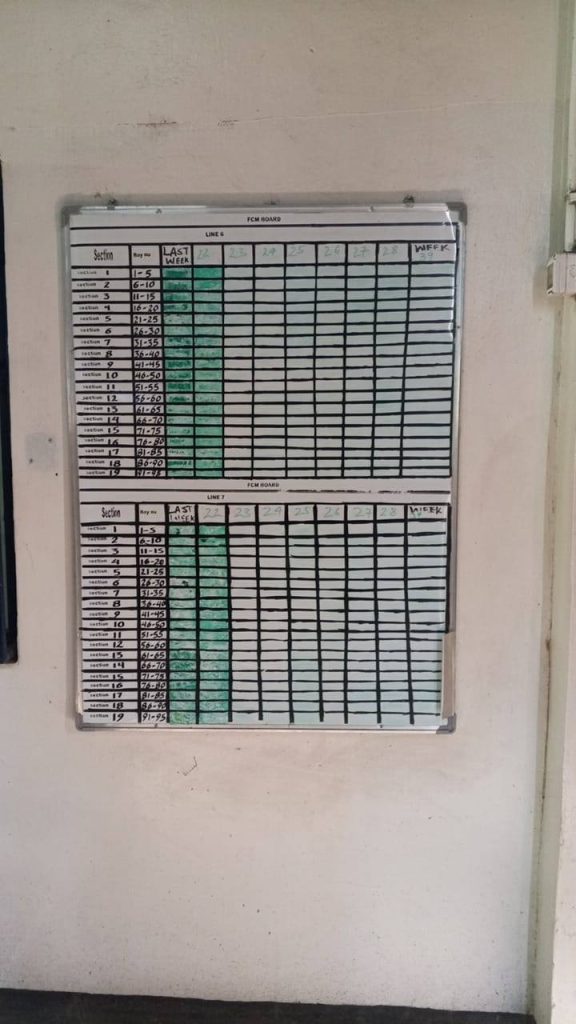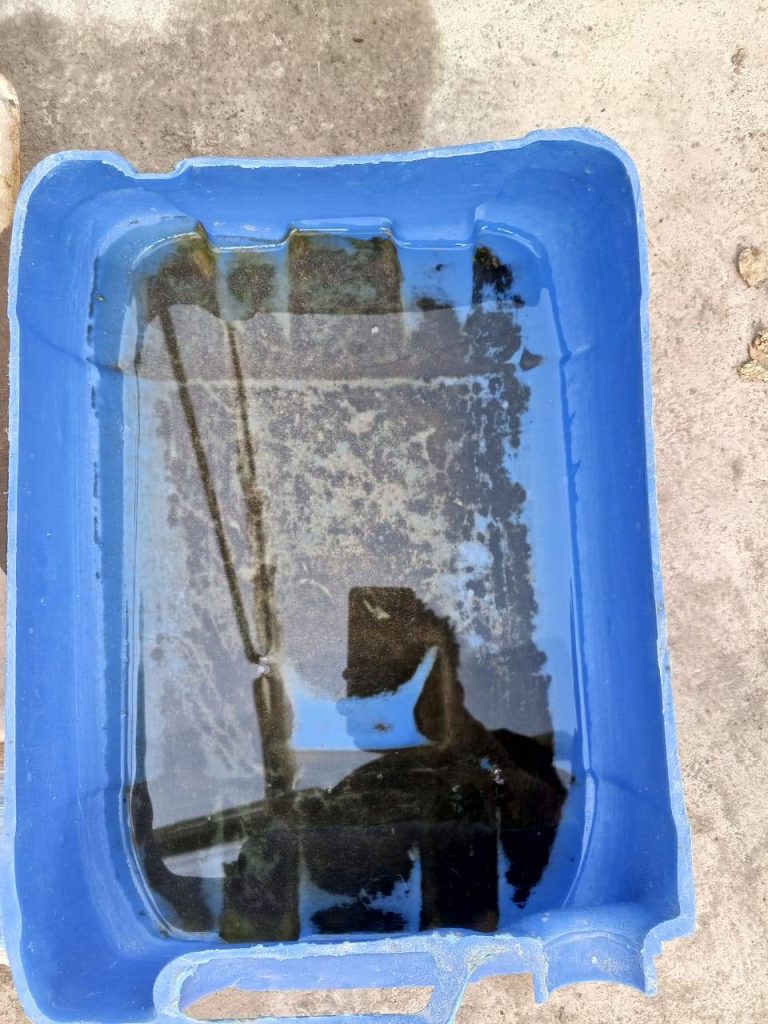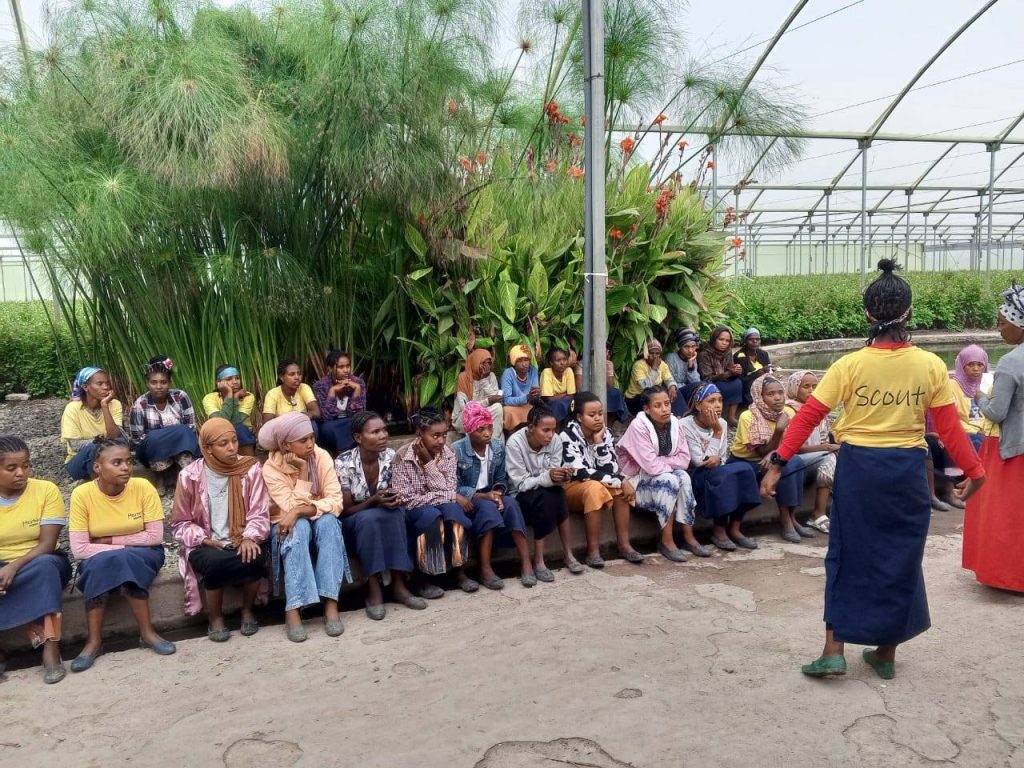The second day of the Regional SPS Conference delivered crucial insights on the Emerging Phytosanitary Regulations of the European Union, underscoring the necessity of adaptation amid expanding global trade.
Spotlight Sessions: Challenges, Compliance, and Climate
The day was packed with high-impact presentations focused on strengthening phytosanitary systems:
• Sylvie Mamias, Secretary General of Union Fleur, analyzed the challenges and opportunities presented by the new EU regulations for phytosanitary stakeholders.
• Mr. Fikre Markos, Advisor at EAA, provided an overview of the Ethiopian Phytosanitary Services’ governance, emphasizing a systematic approach to managing fruit fly pests and meeting EU requirements.
• Dr. Chagema Kedera of COLEAD shared an approach for “Sustaining SPS Systems in Ethiopia,” based on the Risk Management Self-Assessment Tool (R-SAT).
• Dr. Tariku Hunduma highlighted the urgent impact of climate change on pest manifestation and the need to integrate climate considerations into phytosanitary strategies.
Panel Focus: Strengthening Systems for Global Trade
The day culminated in a dynamic panel discussion, “Safeguarding Global Trade: Strengthening Phytosanitary Systems in a Changing World,” expertly moderated by Tewedros Zewidie, Executive Director of EHPEA.
The distinguished panelists shared perspectives on enhancing phytosanitary integrity:
• Dr. Felix R. Doepmann, Resident Twinning Advisor (RTA)
• Orlando Sosa, Agricultural Officer (Crops), FAO Sub-Regional Office for Eastern Africa
• Fikre Markos, Phytosanitary Advisor to EAA
• Dr. Josiah Syanda, Deputy Director, Phytosanitary Services at KEPHIS and African Representative to the IPPC-E-Phyto Steering Group
The discussion stressed the collective responsibility of stakeholders to fortify measures and adapt to the evolving global trade landscape, which is critical for food security and environmental sustainability.
We look forward to translating these valuable insights into collaborative pathways to support the resilience of our phytosanitary systems against emerging global challenges.












































































































